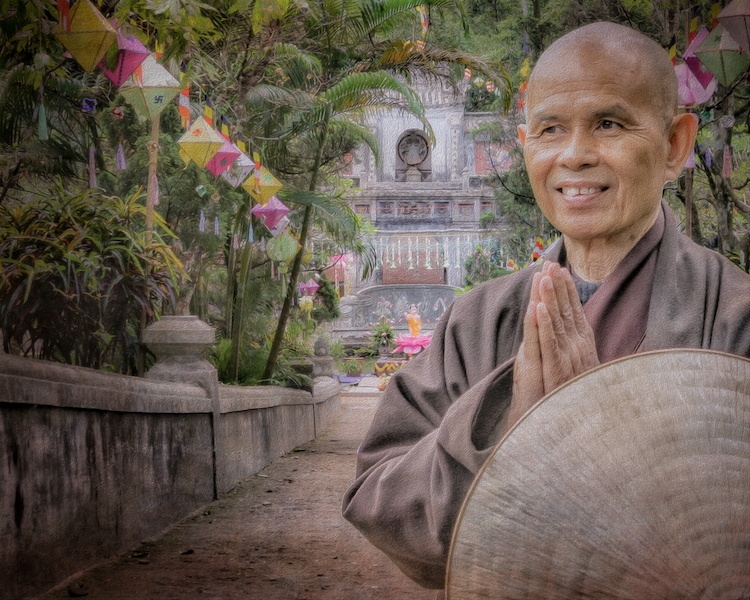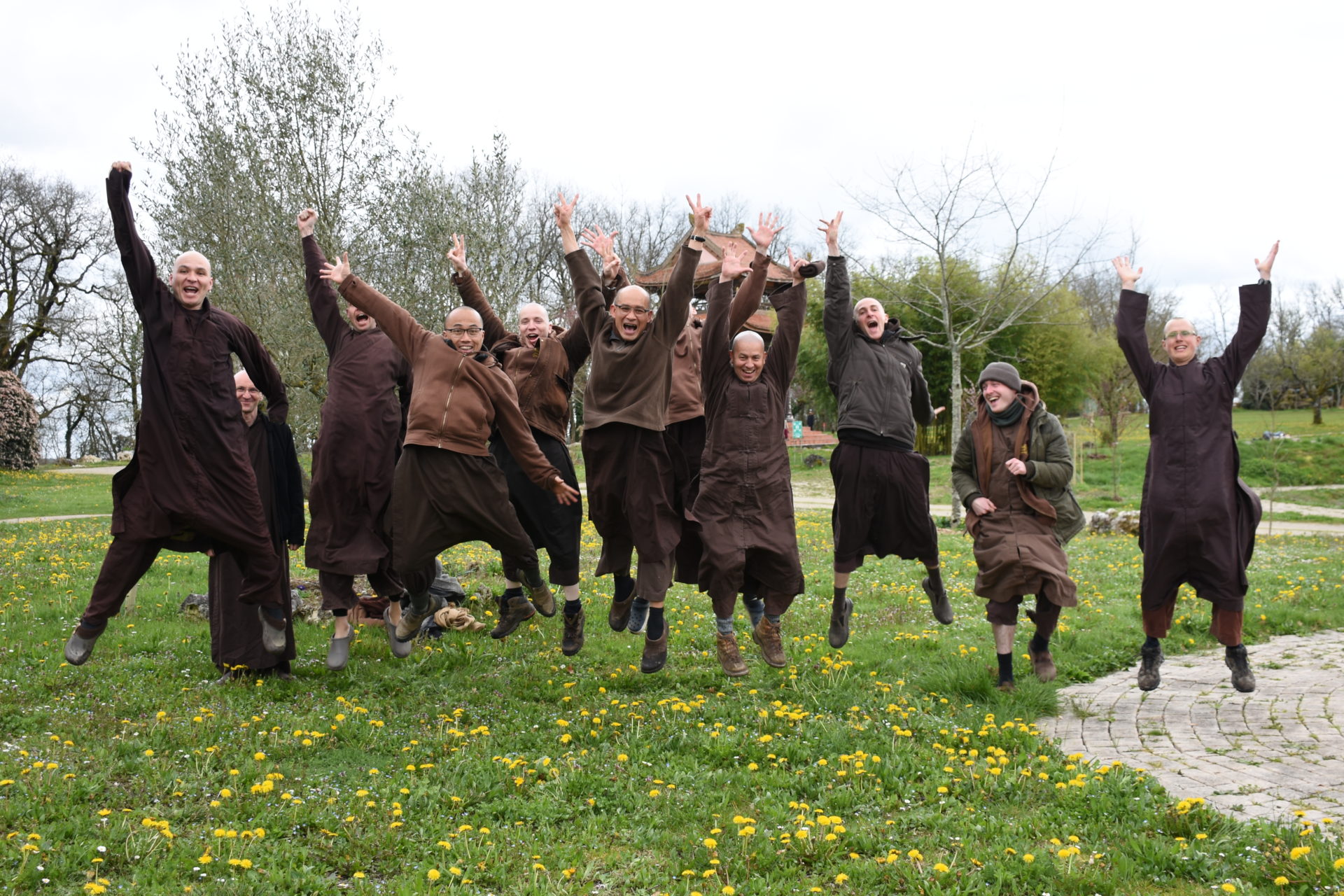By rehena Harilall

The year 2020 felt like the world untethered from its axis. I experienced a gnawing sense of déjà vu. National lockdown restrictions to curb spreading COVID-19 reminded me of the apartheid regime’s “state of emergency.” Life was filled with curfews, arrests, and detentions without trials, covert surveillance by secret police and neighbourhood informers, and a pass-registration system controlling movement. The COVID-19 restrictions were familiar—friends and family were under constant monitoring and house “arrest,” and visiting required negotiations and intricate planning for special police permissions.
By rehena Harilall

The year 2020 felt like the world untethered from its axis. I experienced a gnawing sense of déjà vu. National lockdown restrictions to curb spreading COVID-19 reminded me of the apartheid regime’s “state of emergency.” Life was filled with curfews, arrests, and detentions without trials, covert surveillance by secret police and neighbourhood informers, and a pass-registration system controlling movement. The COVID-19 restrictions were familiar—friends and family were under constant monitoring and house “arrest,” and visiting required negotiations and intricate planning for special police permissions.
As the pandemic’s disproportionate impact on Black, Indigenous, and people of colour (BIPOC) lives became visible in the rising death toll and growing job losses, I got angrier; I felt useless and impotent. I was far removed from the front-line activism of my teenage years.
Overnight, low-paid “unskilled” workers became “key workers,” with immigrant health workers temporarily reprieved from deportation. The response: coming out to clap from safety. I joined the social media storm and tweeted from home, while those most downtrodden worked to serve the community. In guilt, I castigated myself, living in a leafy, middle-class London suburb as a “sell-out,” a “coconut.”
My mind continually replayed George Floyd’s “lynching,” replacing his face with my family and friends—detained, tortured, and murdered. As Black Live Matters demonstrations unfolded visceral outrage and worldwide calls for justice, I was angry that many passionate responses of UK white solidarity to the USA’s barbaric racism underplayed the reality of Black lives here, where one of Britain’s highest honours, the Order of St. Michael and St. George, depicts a “white angel’s” leg on the neck of the ‘black devil.” My rage that Africa’s Black voices were omitted, devalued, and disregarded pushed me to the edge.
I was back in 1980s South Africa—a cacophony of anger, fear, grief, and loss—aching from muscles tautly coiled, my heart racing, and my back carrying society’s invisible load. Constant, boiling rage reached a tipping point from the flurry of black Twitter squares and PR statements of support. Two innocuous, though related, Sangha incidents plundered my self-control; a leaf in a violent storm, my cries shaky, guttural, howling. I berated myself, my lifetime practice unable to anchor this heartbreak and suffering.
Clinging to Thay’s counsel to care for strong emotions like a crying baby, I relinquished tasks, social media, and electronic devices, retreating from my reignited pain. I took refuge in silence. Daily, I offered these emotions as libations to solidity of earth and trees and vast skies, and leaned into discomfort and trust. I immersed my daily practice with childhood rituals and sought my ancestors’ support in daily walks, singing, and eating.
In time, swirling sediments settled. I could feel each emotion distinctly: anger brightly quivering like jelly, ice-white despair freezing me, and shame a swirling grey mist stealthily sinking deep. Some suffering stories arose from my buried personal formations; much of them came from ancestral trauma.
Healing strong emotions is my lifetime process of practising patience as they emerge repeatedly through personal and collective conditions. My practice ameliorates each unfolding, growing me towards liberation. Like surfing, I can ride their power and energy ashore to action instead of reaction. Caught in the energy around me, attachment to dualistic views contributed to my pain. The more I clung to knowing the way and tightening fists around my heart, the more bitter I became.
Standing in judgment of others, I inflated my ego. Were my perceptions of others kind or true? I was also hypocritical. My privileges and choices today result directly from absorption into the system that devalues BIPOC lives. My skin, activist history, and ancestry do not immunise me from perpetuating the cycle of oppression. Instead of focusing on liberation, my energy was leaking into judgment and contributing to unwholesome collective energy.
Underlying this were shame and guilt; I had shirked my responsibilities to the legacy of my blood and land ancestors filled with social justice giants: Mandela, Steve Biko, Albertina Sisulu, Govan Mbeki, Ahmed Kathrada, Gandhi, and Neil Aggett. My people were courageous, took risks, and sacrificed for what they believed in. Living in their shadow, I believed that nothing I did compared to their actions and achievements.
I had forgotten my parents patiently building places of safety, refuge, and healing. My father would smile generously, always humbly offering his time and resources to others. My role is not to replicate their footsteps, but to forge my own path, build on what they could not, and strengthen our collective legacy.
I had lost sight of the foundations of the Truth and Reconciliation Commission: understanding, love, and compassion. Change in South Africa emerged from allied action between organisations united in their vision for a just and democratic South Africa. Softening, my heart call was clear: liberation will come, beyond the mat, through engaged action. I cannot be human by myself.
I heeded the call to organise an event to stand in community, united in love and understanding, and renew our commitment to the mindfulness trainings towards social justice. Taking refuge in the beloved community unfolded, guided by BIPOC Dharma teachers and Order of Interbeing members; it connected and welcomed practitioners across the Atlantic.
In this spirit, Buddhists across traditions emerged to unify Buddhist and mindfulness organisations in service of racial reconciliation, healing, and social justice, recognising that our practices can support rehumanisation within our communities. Any doubts were dispelled when, in an unprecedented step, white-led groups and practitioners came together to honour Black History Month in the UK. The theme “coming home” connected North America with Europe and Africa—a reminder that racial healing and justice happens in everyday living; Black history belongs to all people; we are all descendants of an African woman.
Without wholesome energy, Sangha foundations are shifting sand. I aspire to continually open the portals of my heart to see my own humanity reflected in those I most vehemently disagree with and accept that we may walk together. But the journey is different for each of us. Ultimately, my desire for freedom from injustices is bound up in the collective.
Sangha building can become all consuming. Self-care is critical. I recall how my father eroded his health and also how my mother sang and danced while she worked late into the night. She salvaged edible cheap market throwaways to secretively cook for activists sheltered in illegal safe houses. I am a guardian of Sangha outside myself and the steward of thousands of living organisms and ancestors within me. My role is to nourish and hold both, in the grace of wholesome energy and action.
I am creating space in my day to do what brings me joy: walking in the park to watch deer butting antlers, leaves fluttering from trees, and swans gliding across the river. I cook lovingly, seeing my mother’s hands in mine, and I smile. Dancing and singing childhood songs brings me joy and links me to my African and Indian heritage, the bedrock of my being.
I know I do not walk alone. Indian and African cultures embody walking with our ancestors; we humbly include them in every aspect of daily life. I have a ready-made Sangha within that plays a sacred role, makes Dharma wisdom accessible every day in every moment, and connects me to the unfurling stream of life.
I move forward with opening heart, recognising my life is inextricably woven with others. May my heart become a true compass of merit, the litmus of my action. May my courage always act against injustice. May I contribute to the glorious unfolding of community, in compassion and humility, so that all can walk on the public footpath of my heart. May my long walk home to freedom embody the spirit of ubuntu1, with the grace of all my ancestors in the majesty of life.
Amandla! Awetu!2
1 I am because we are, a Zulu concept that is akin to Thich Nhat Hanh’s use of interbeing.
2 Power, strength, and energy to us.
rehena Harilall, True Deep Source, is South African. She’s a psychologist and management consultant who celebrates African and Indian heritages. She was born and grew up during the apartheid regime, on stolen lands of the Amazulu nation, originally the ancestral lands of the indigenous Khoikoi (KhoiSan) people. She now lives in the United Kingdom and has been practising in the Plum Village tradition since 1998.

